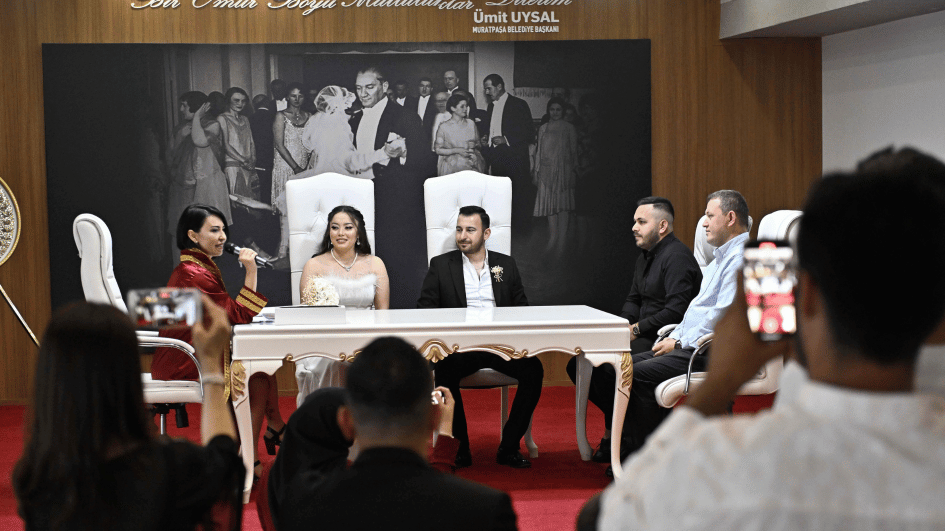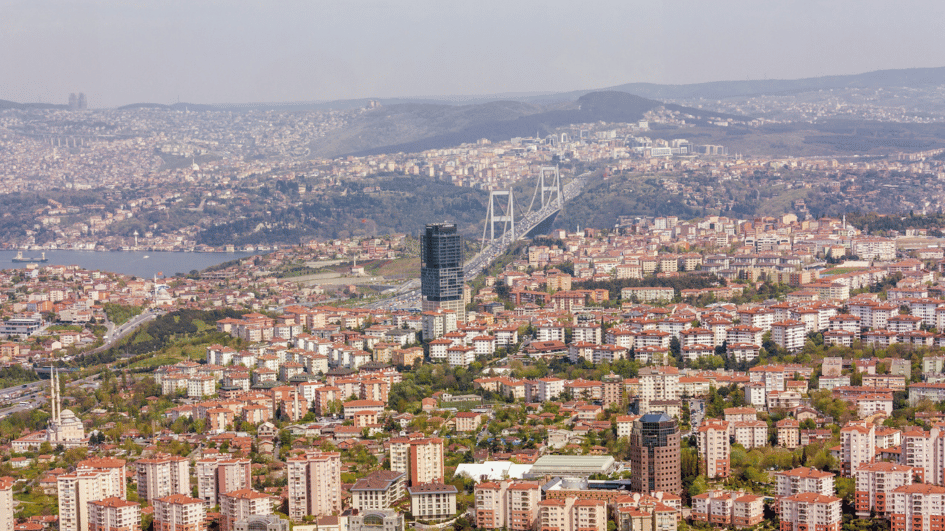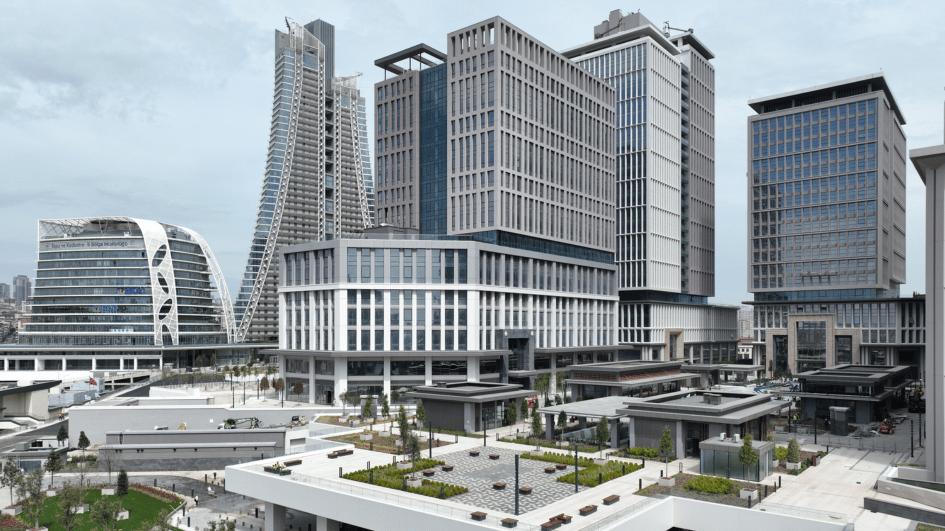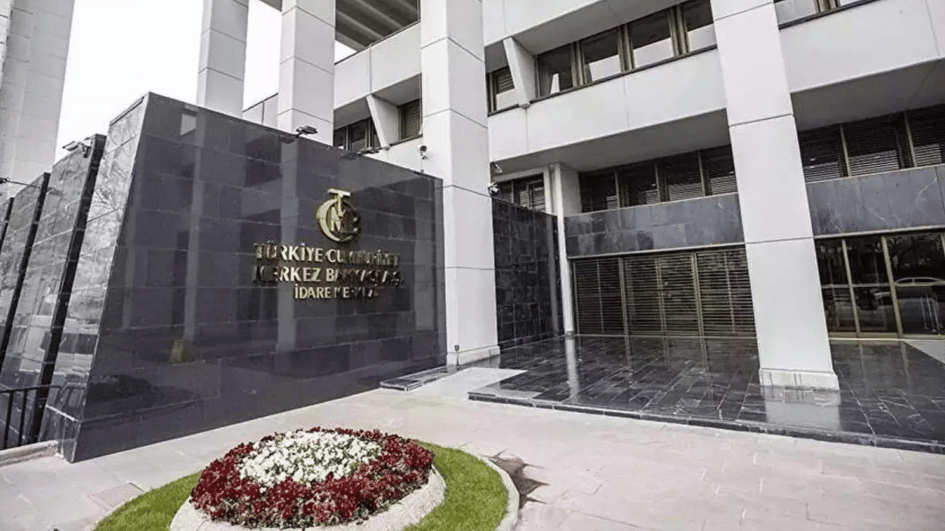Egypt announces early election a day after carnage
CAIRO - Agence France-Presse
Egypt Sunday announced early presidential elections likely to anoint the general who overthrew Islamist president Mohamed Morsi, as jihadists claimed they downed a military helicopter over a bloody weekend that killed dozens nationwide.Interim president Adly Mansour announced the poll in a televised address, a day after 49 people died in clashes between Islamist protesters and police and thousands rallied in support of military chief General Abdel Fattah al-Sisi.
Sisi was expected to declare his candidacy for the election, scheduled before mid-April, after a show of support including Saturday's large rally in Cairo's Tahrir Square.
The weekend clashes and bombings also highlighted the interim government's precarious grip seven months after Morsi's overthrow.
On Sunday, an Al-Qaeda inspired group released a video it said showed its fighters downing with a missile a military helicopter in the lawless Sinai peninsula.
The group, Ansar Beit al-Maqdis, also claimed credit for a car bombing outside police headquarters in Cairo on Friday morning that killed four people.
The military has acknowledged five soldiers were killed in an incident involving a helicopter on Saturday, but said it was "an accident".
Over Friday and Saturday, five bombs went off after the attack on the Cairo police headquarters, killing to more people. The violence came as Egypt commemorated the 2011 uprising that overthrew veteran strongman Hosni Mubarak, leading to three years of tumult that many hope Sisi's election will end.
On Saturday, the third anniversary of the uprising, 49 people were killed in clashes when police clamped down on protests by Morsi's Islamist supporters and anti-military activists, the health ministry said.
The protests were organised by Morsi's Muslim Brotherhood movement and its Islamist allies.
As Mansour addressed the nation to announce the early presidential election, relatives of those killed on Saturday assembled outside a Cairo morgue, chanting anti-military slogans.
"Down with the military! The people want to topple the regime!" they chanted outside the Zeinhom morgue as they collected the corpses of loved ones.
In his address, Mansour, a judge the military appointed as interim president to replace Morsi, pledged to "uproot (terrorists) and show them no mercy".
The government says a series of polls that started with a constitutional referendum in January and will end in parliamentary elections will restore an elected government by 2015.
A parliamentary election had been scheduled ahead of the presidential poll, but Mansour said Sunday he had revised the timetable following many demands.
A presidential election first may allow Sisi, if he stands, to influence the outcome of parliamentary elections by forming a party that would attract leading candidates.
But Sisi, accused by Morsi supporters of carrying out a coup ending the Islamist's single year in power, still faces a determined opposition and a semi-insurgency.
Hours before Mansour spoke, militants ambushed a bus carrying soldiers in the restive Sinai Peninsula, killing four.
The army vowed in a statement to "eliminate those belonging to the Muslim Brotherhood who call for darkness and dissension and excomunication".
But the persistent attacks illustrate the government's difficulty in snuffing of Brotherhood protests and militant attacks in Sinai.
If the helicopter was indeed brought down by a missile, as witnesses also said, it would be an unprecedented attack that presents a threat not only to the military but also the country's crucial tourism industry.
"This is very significant," said David Barnett, an expert on Sinai jihadists with the US-based think tank the Foundation for Defence of Democracies.
Barnett said the military appeared to be downplaying the incident because of its far reaching consequences.
"From their perspective, because of the economic issue they have reason to downplay it," he said.
In December, Ansat Beit al-Maqdis claimed a car bombing outside a police building north of Cairo killed 15 people, prompting the interim government to blacklist Morsi's Muslim Brotherhood movement as a terrorist group.
The Brotherhood's blacklisting, despite it condemning the attack, was seen as an extension of a crackdown on Morsi supporters that has killed more than a thousand people and jailed thousands more.
Police said they arrested at least 1,000 protesters on Saturday alone.
The government and the military now rule out dealing with the Brotherhood, which had won every election following Mubarak's overthrow in the 2011 popular uprising.
The government says the group, which renounced violence decades ago in favour of electoral politics, is linked to the militant attacks, and Morsi himself is facing trial on terrorism-related charges.
Morsi's followers insist that he be reinstated, and have called for further protests.
















